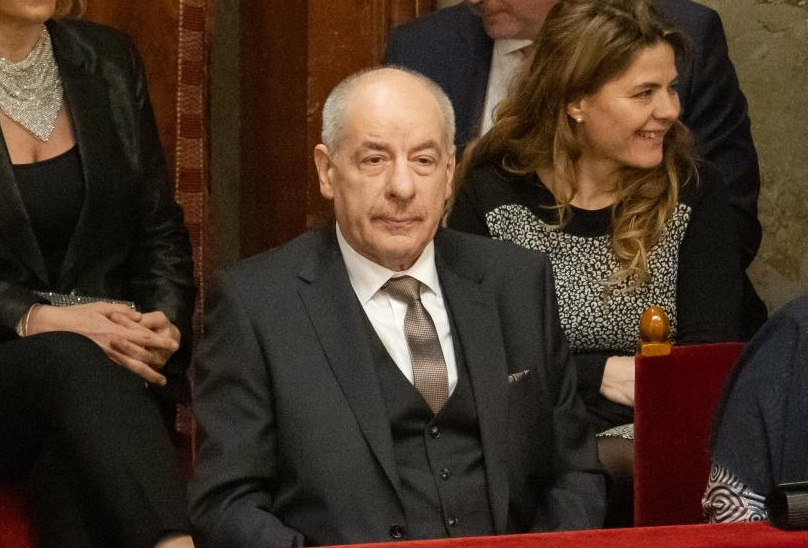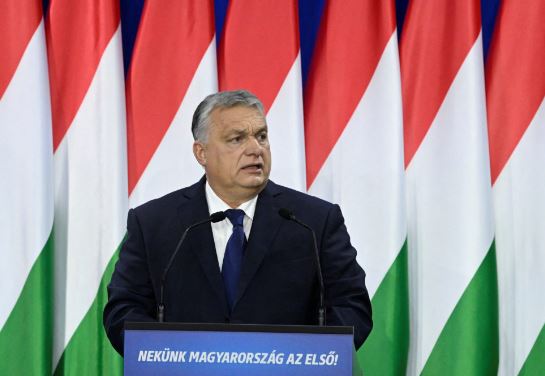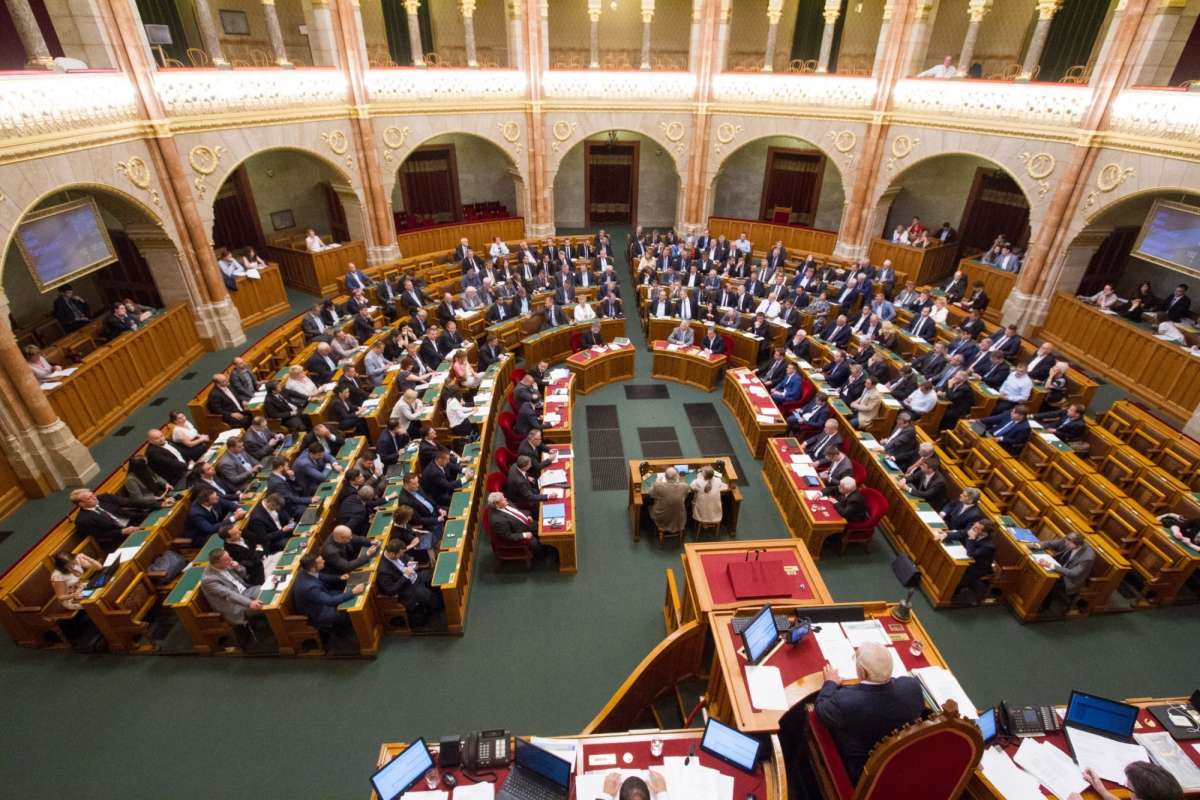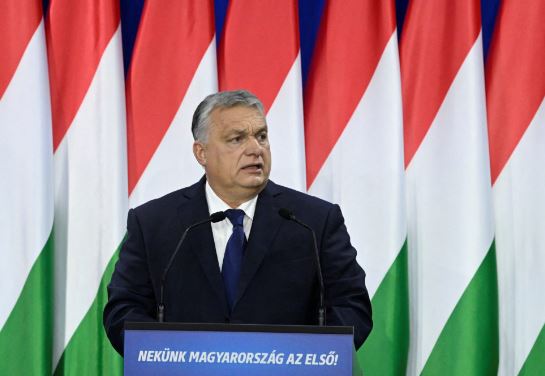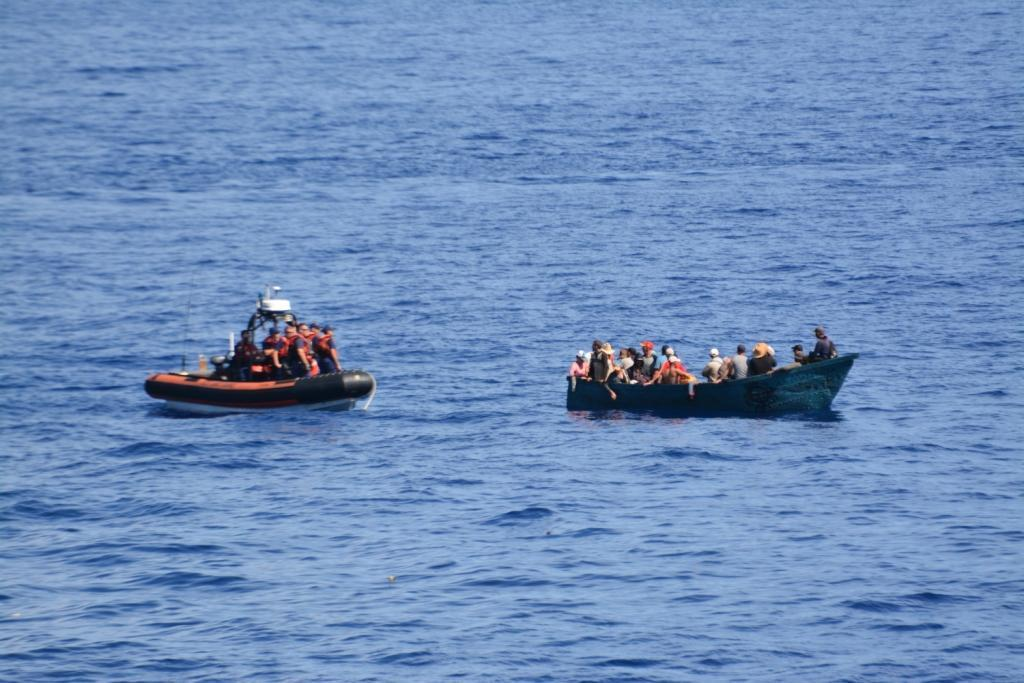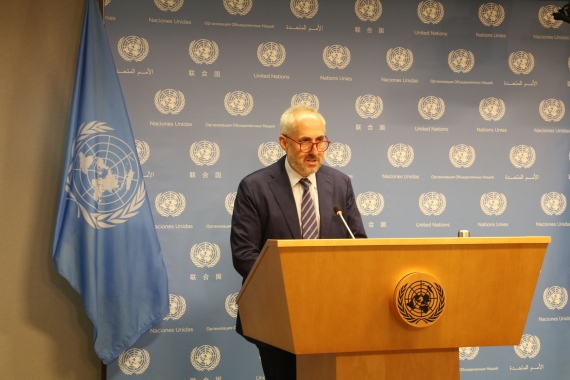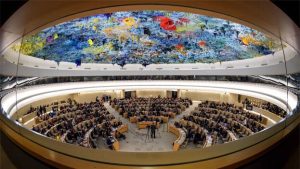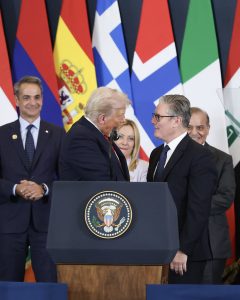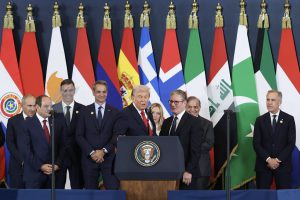Sulyok’s predecessor Katalin Novak stepped down on February 10 following a child abuse pardon scandal…reports Asian Lite News
Hungarian lawmakers have elected Tamas Sulyok, head of the Constitutional Court, as the country’s new President.
Out of the 199 lawmakers, 146 participated in the voting on Monday, with 134 votes in favour, five against and seven invalid, Xinhua news agency reported.
Most opposition lawmakers did not participate in the vote.
“As a jurist, and in my role as the President of the Republic, my foremost commitment is to serve the public good and to embody the nation’s unity, all the while upholding the fundamental values of the law,” Sulyok said last Thursday upon his nomination.
Sulyok’s predecessor Katalin Novak stepped down on February 10 following a child abuse pardon scandal.
Sulyok has been elected for a mandate of five years and can be re-elected for one more term according to the fundamental law. His inaugural ceremony will take place on March 5.
Following his election, Sulyok said that he wanted to be a “president of trust.”
“For me, all power can only be interpreted within the framework of the law. The law carries values, its central function is the fair complementation of competing values,” he added.
Born on March 24, 1956 in Kiskunfelegyhaza in southern Hungary, Sulyok boasts a distinguished career in both law and academia. After graduating from Jozsef Attila University in Szeged in 1980, he furthered his legal expertise with a European law qualification in 2004 and a PhD in 2013.
Sulyok’s professional journey encompassed roles as a judicial clerk, legal adviser, lawyer, and honorary consul of Austria in Szeged. He has served as a guest lecturer in constitutional law at the University of Szeged since 2005.
He has assumed the role of deputy president of the Constitutional Court since 2015 while he was elected president of the Constitutional Court in 2016.
On Friday, Hungarian Prime Minister Viktor Orban justified Sulyok’s nomination as presidential candidate, highlighting his extensive qualifications such as “experience, proficiency in constitutional and legal matters, knowledge of international law, maneuvering in the international arena, understanding of the nature of political institutions, and a career that also confers professional authority.”
ALSO READ-Hungarian Parliament Approves Sweden’s NATO Accession

